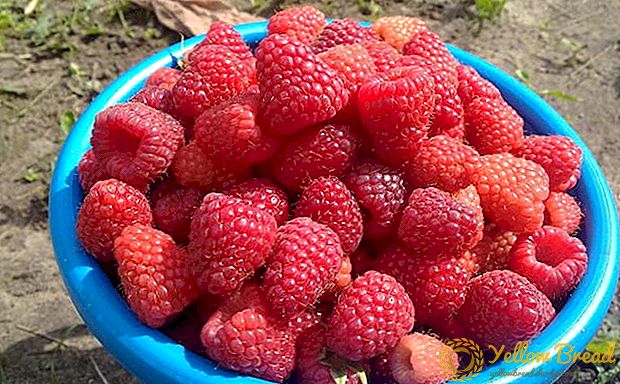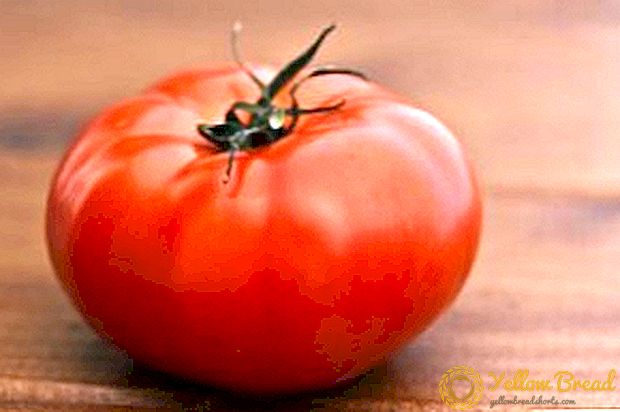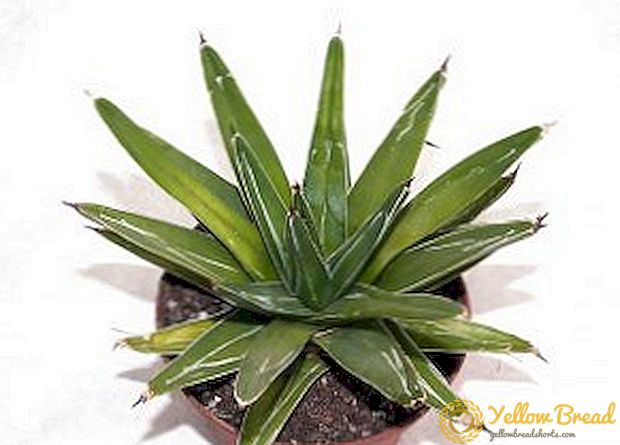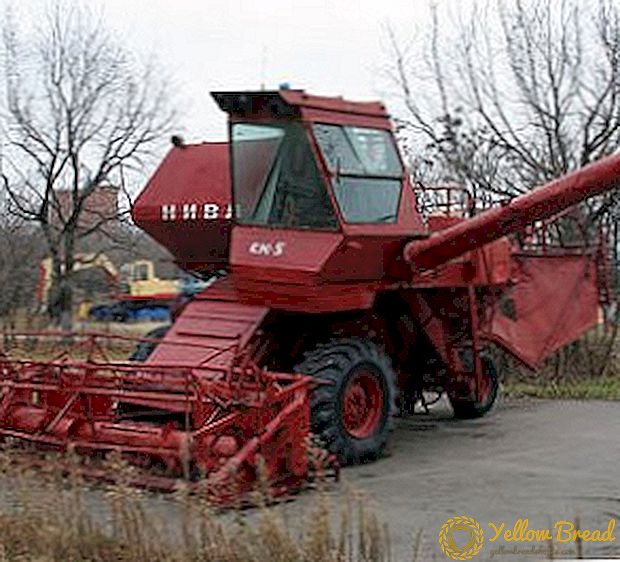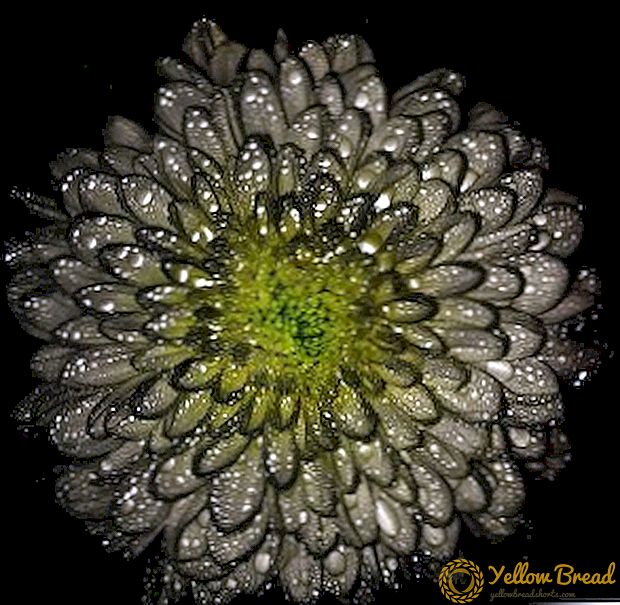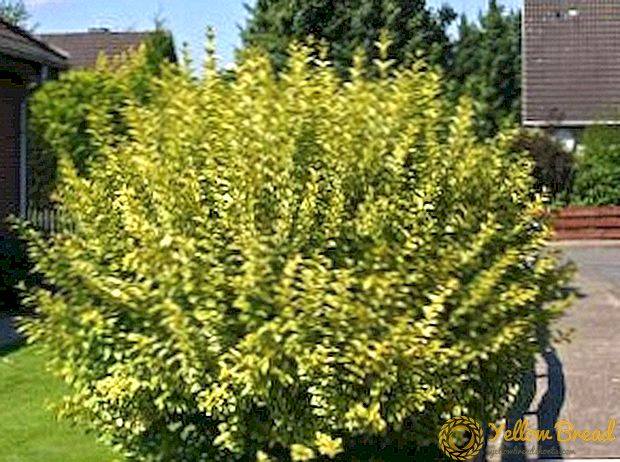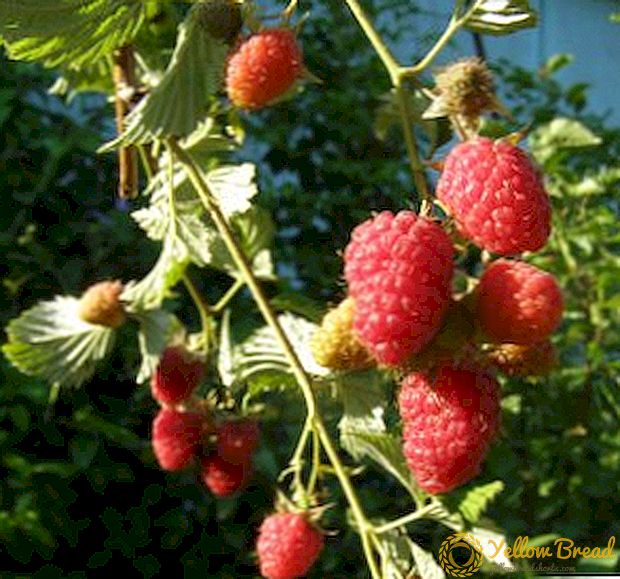 Raspberries are loved by everyone for great taste and healing properties. There are so many varieties of it that amateur gardeners are lost, not knowing which one to plant in their garden. Old proven varieties remain the most delicious, but they produce little yield, as the berries are small. And new large-fruited varieties are often capricious, afraid of frost. The golden mean is the raspberry Senator - unpretentious, not afraid of winter, and the berries are large and tasty.
Raspberries are loved by everyone for great taste and healing properties. There are so many varieties of it that amateur gardeners are lost, not knowing which one to plant in their garden. Old proven varieties remain the most delicious, but they produce little yield, as the berries are small. And new large-fruited varieties are often capricious, afraid of frost. The golden mean is the raspberry Senator - unpretentious, not afraid of winter, and the berries are large and tasty.
- Breeding history
- Description of the bush
- Fruit Description
- Terms of ripening
- Yield
- Transportability
- Resistance to environmental conditions and diseases
- Frost resistance
- Use of berries
- Advantages and disadvantages
- pros
- Minuses
Breeding history
For centuries, raspberry varieties with sweet and fragrant berries have been abundant. But all of them are low-yielding: the fruits are small (no more than 4 g), and a maximum of 2 kg was collected from one bush. Breeders could not achieve better results until 1961. In that year, the English scientist Derek Jennings discovered the L1 gene in raspberry, which determines the large-fruited raspberry seedlings. And at the end of the last century, the Russian breeder V.V. Kichina, based on the work of Jennings, brought a number of raspberry varieties with large fruits up to 8 g, which brought a good harvest (4-5 kg from a bush). One of them is Senator.
Description of the bush
Senator - non-reproducible, mid-season variety. Bush average height, reaches a height of 1.8 m, powerful, does not need tying. It consists of several upright stems that become tanned on the sunny side. The plant has a good ability to form shoots. In addition to large berries and good harvest, this variety has another attractive feature - the complete absence of thorns on the shoots. This property is very welcome for many gardeners. Shrubs without thorns are more “friendly”: they do not scratch their hosts, they are easier to care for, plant, tie up and harvest faster.
Fruit Description
The Senator has large fruits weighing 7-12 g, and sometimes - 15 g. The berries are shiny, velvety, orange-red in color, of elongated conical shape. Drugs they have small. Fruits are strong, easily separated from the fruit bearing and do not crumble at the same time. Ripe berries are not showered; they can remain on the bush for quite a long time without losing their presentation. Well tolerated transportation. They taste sweet, juicy, great for fresh consumption and in cooked.
Terms of ripening
In terms of ripening raspberries are divided into early, middle and late.Early raspberries ripen at the end of June, later - in August. The senator belongs to the group of the average term of ripening and begins to bear fruit in July. Fruits from the bushes can be collected up to the cold.
Yield
Senator is one of the most fruitful raspberry varieties. With one bush can collect about 4.5 kg of berries. High yield is due to several factors:
- large fruits;
- fruit branches branch and form 20-40 berries each;
- there is no yield loss, as mature fruits are not showered from the bush and are well removed from the stem.

Transportability
Raspberry Senator tolerates transportation and storage. This is due to the properties of the fruit:
- dense, strong, do not lose shape and do not crumble;
- resistant to decay on the bush and during storage.
Resistance to environmental conditions and diseases
Senator shrubs love the sun and regular watering, but do not tolerate drought and excessive moisture. Like the best old raspberry varieties, the Senator is not susceptible to diseases that affect most fruit plants, and it is rarely overpowered by pests.
Frost resistance
The senator differs from other large-fruited varieties in that it tolerates cold and frost well in the same way as standard varieties. Shrubs can remain without shelter even at -35 ° C. But if the frost increases, the shoots should be bent down and covered so that they do not freeze.
Use of berries
Juicy and sweet berries of the Senator have a bright raspberry flavor and taste. They are used in different ways:
- in fresh or frozen form is the best option, since all the vitamins are stored;
- in cooked form: jam, marmalade and marmalade, compotes, juices, jellies, wine, liqueurs, tinctures and liqueurs;
- for medical purposes: tea from fresh or dried fruit is used as a diaphoretic for colds, and raspberry syrup improves the taste of mixtures.

Advantages and disadvantages
Raspberry Senator has attractive characteristics, and after a detailed review of the description of the variety, it is possible to highlight its advantages and disadvantages.
pros
- large fruits with great taste;
- high yield;
- does not need to be tied up;
- lack of thorns;
- resistance to severe frosts;
- not affected by diseases and pests;
- good transportability.
Minuses
- genetic instability: fruits can become small in the absence of fertilizer and pruning;
- lack of drought tolerance;
- does not tolerate excessive moisture. As can be seen from the above lists, Raspberry Senator has more advantages than disadvantages. This grade is worth taking a worthy place in any garden.
